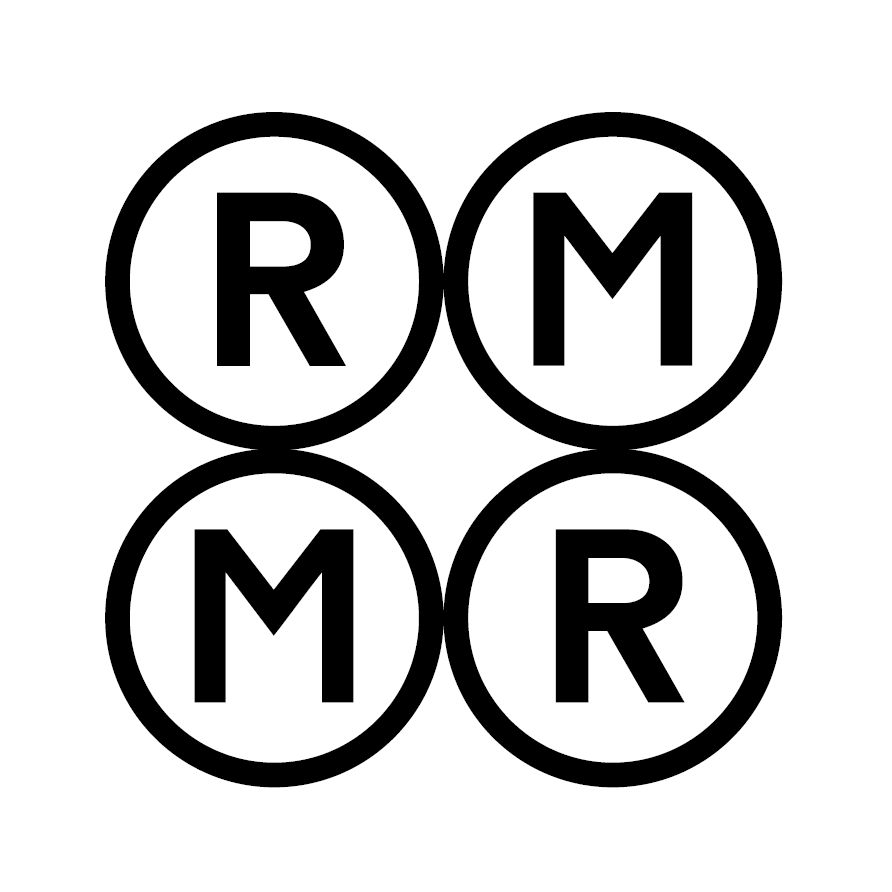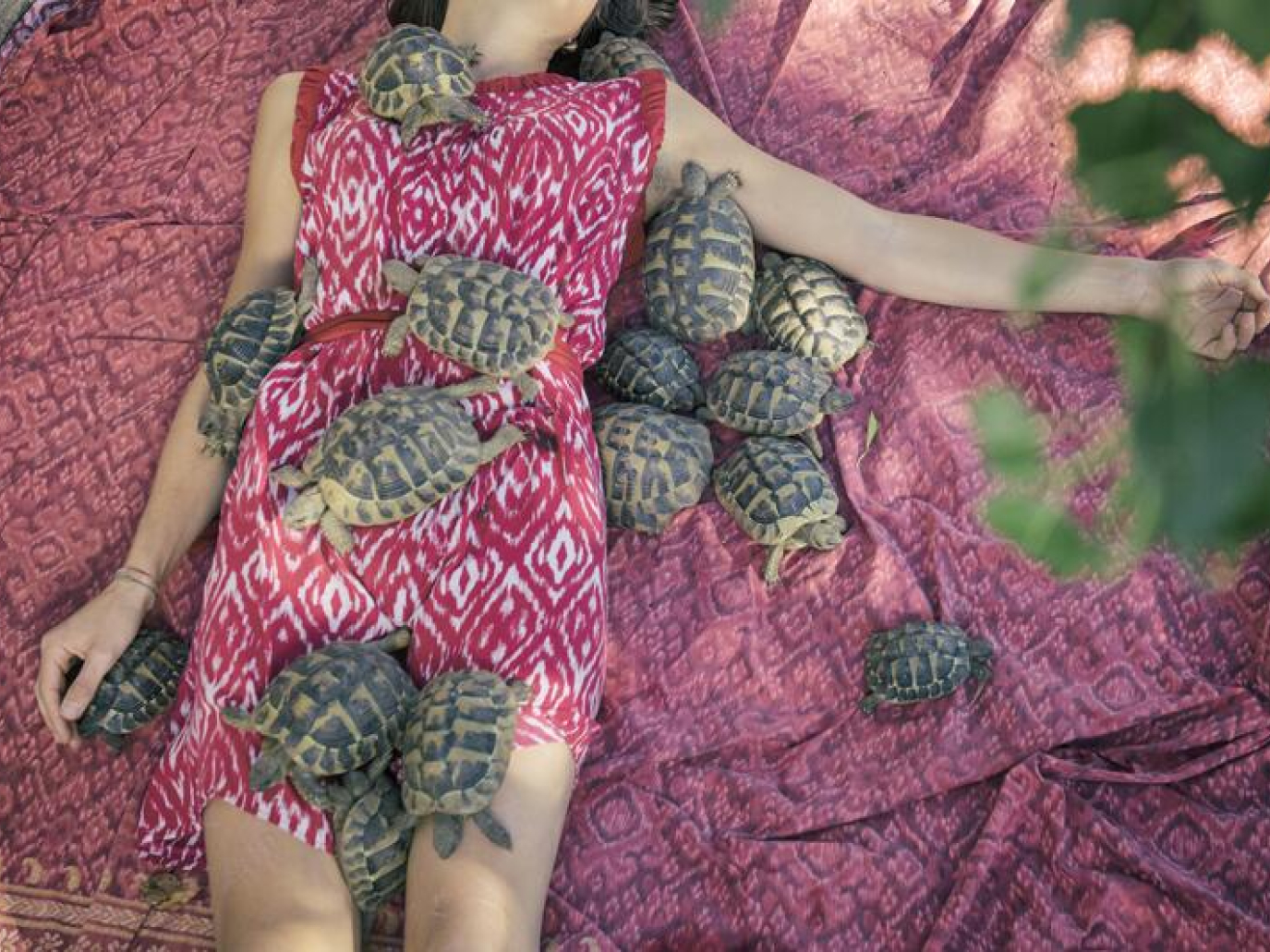This article is also available in Italian / Questo articolo è disponibile anche in italiano
The Think Tank section of Renewable Matter #58, devoted to Animals, explores the complex contradictions that define today’s relationship between humans and other species. While the exploitation of non-human animals underpins our food system and many other sectors of the economy and society, a growing awareness is emerging, one that recognises their subjectivity and their rights.
Therefore, we sought to give space to a range of different instances, discussing global food resilience and livestock production with Aimable Uwizeye, Livestock Policy Officer at the FAO in Rome, and then of sustainability and animal farming ethics with Philip Lymbery, Global CEO of Compassion in World Farming International. Lastly, we turned to a philosophical discussion, considering non-human animals as political subjects and imagining a future multispecies society together with writer and philosopher Eva Meijer. What follows is a preview of the themes we addressed. The full interviews can be found in Renewable Matter #58.
Philip Lymbery: the paradox of intensive animal farming
If we were to place all the mammals on Earth on a scale, we would find that the weight of farmed animals far exceeds that of all wild species combined. Today, the total biomass of cattle, pigs, chickens, and other livestock reaches around 630 million tonnes: thirty times that of all terrestrial wild mammals and fifteen times that of marine mammals. Unlike in the past, these animals are no longer raised in open fields or pastures. Instead, industrial-scale intensive farms, increasingly common across the globe, have been designed to meet a growing worldwide demand for meat and animal products. It is in this context that mega farms have emerged, such as the one in China’s Hubei province, where a 26-storey building has been constructed to house and slaughter up to 1.2 million pigs each year.
Lucrezia Lenardon spoke about intensive farming, cheap meat, the climate crisis, biodiversity loss, and animal welfare with Philip Lymbery, Global CEO of Compassion in World Farming International. President of the Eurogroup for Animals, a member of the UN Food Systems Advisory Board, and former UN Food Systems Champion, Lymbery has authored several acclaimed books, including Farmageddon (2014), Dead Zone (2017), and the recent Sixty Harvests Left (Bloomsbury, 2022). In this interview, he discusses the critical issues facing the global food system and the urgent actions needed to build a better future.
Aimable Uwizeye: the global animal farm
Global consumption of meat and dairy is growing like never before, fuelled by rising incomes, urbanisation, population growth, and shifting dietary preferences – particularly across middle income countries. The vegan revolution is barely making a dent, even in the most advanced economies. Consumption goes hand in hand with innovation and investment in livestock systems, the expansion of cold chains, and increased international trade in inputs and animal products.
According to the latest OECD–FAO Agricultural Outlook 2025–2034, global agricultural and fish production is expected to grow by 14% over the next decade, largely due to productivity improvements. The share of calories from animal-source foods in global diets is projected to rise by 6% by 2034. In low-income countries, however, daily intake of nutrient-rich animal products is expected to reach just 143 kilocalories per person by 2034, still far below the 300-kcal benchmark set by the FAO’s Healthy Diet Basket. In terms of production and market scenarios, the Outlook highlights that structural changes in the livestock sector, such as herd expansion and increased cropland for feed, will continue. Emanuele Bompan met with Aimable Uwizeye, Livestock Policy Officer at the FAO in Rome, to discuss the future of animal-based food systems.
Eva Meijer: towards a multispecies society
According to Aristotle, human beings are the only political species. Aristotle, however, lived 23 centuries ago. And despite the influence of his thinking on Western culture, the moral, rational, and therefore political supremacy of humans over all other living beings is now finally being challenged.
Despite there still being a long way to go, non human animals are starting to be regarded as political actors in various areas, as bearers of individual and collective demands, and as holders of fundamental rights such as the right not to be killed, exploited, imprisoned, or mistreated. But also of the ability to express their needs and desires, and to be heard. For it is not true that they cannot speak, that they have no voice: “they make themselves heard, and constantly,” claims Dutch philosopher Eva Meijer, interviewed by Giorgia Marino, “you just have to pay attention.”
Writer, artist, and researcher at the University of Amsterdam, Meijer is one of the most original voices in the field of new critical studies and political philosophy on animals. They have written several books on this topic, such as Animal Languages and When Animals Speak: Toward an Interspecies Democracy. “At the moment,” they write, “we live in a society built by our species, in which animals pay the price for exclusively human decisions”. But new forms of coexistence are possible, indeed necessary. Because a fair society today can only take the form of a multi-species democracy.
DOWLOAD AND READ ISSUE #58 OF RENEWABLE MATTER: ANIMALS
Cover: image taken from Diana Bagnoli's photographic project Animal Lover (Contrasto). Since 2015, the Turin-born photojournalist has captured the special bond that humans sometimes form with “unusual” pets. Some photos from the project are published in issue 58 of Renewable Matter.



